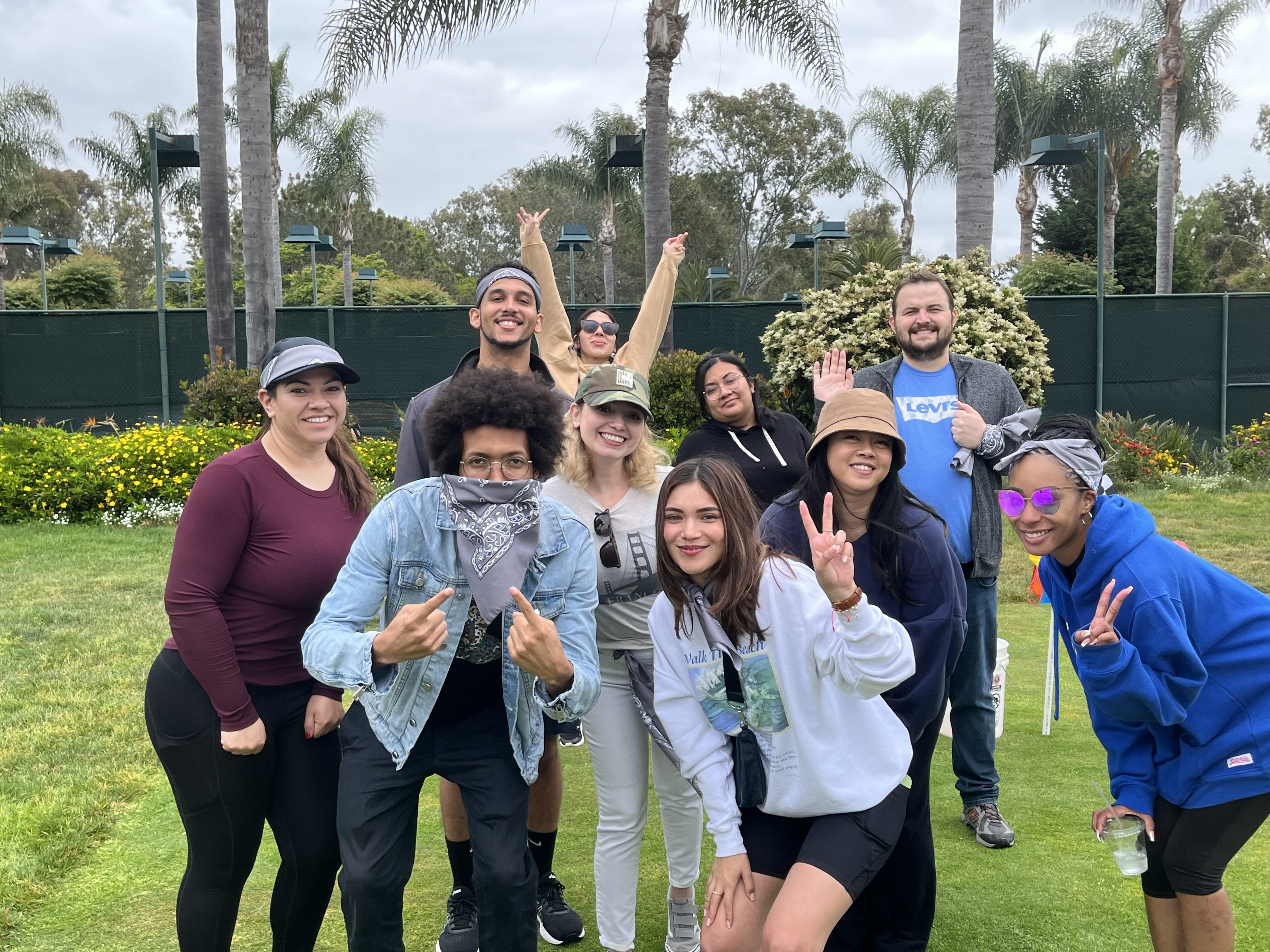Why the Happiest Companies Are So Happy - Insights | Onyx Offsites
Finding joy in the work you pursue is among one of the most important factors to maintain a happy lifestyle. We typically spend 13 years at work throughout our lifetime, that being said, we should find a workplace we truly enjoy. Successful companies are happy companies. Meaning, they know the value of creating a positive work environment that keeps their employees engaged and happy.
Two of America’s Happiest Companies
We looked into America’s companies with the happiest employees and decided to further research two which we found time and time again on lists of companies highly rated for employee happiness. They are Keller Williams Realty and Nike. These companies seem to share positive core values that can be seen through the way they treat their employees.
What Are Company Core Values?
Company core values are the fundamental beliefs of an organization. By creating an unwavering guide, core values help companies determine if they are on the right path and fulfilling their goals. Not only are these principles the guiding light behind your company’s ultimate direction, but they also guide its everyday decisions, such as:
- Evaluating & on-boarding new hires
- Employee engagement & development
- Gathering helpful evaluations from your team
Whether your business is in its infancy or well-established, creating clarity and a unified vision for every member of your organization is key. By establishing your values, you are better at defining your brand and bringing your team together under a unified banner.
Keller Williams Core Values: Autonomy and Community
The structure of Keller Williams provides a sense of autonomy and community for their employees. They promote their company as a stepping stone for their employees to be happy, successful and fulfill their greatest potential. This begins with employee training, where their goal is to train their employees to be independent, to be leaders, and to be prepared to face the trials they may encounter in their career confidently. Keller Williams also wants their office to feel like a family. Some office friendships stay within the confines of the office, but Keller Williams seeks to promote building strong friendships outside of their office walls. One way they do this is by hosting corporate social responsibility events, when internal employees, and sometimes external clients, gather to volunteer for a local cause.
Nike Core Values: Respect and Corporate Social Responsibility
Nike shows respect for their employees and emphasizes corporate social responsibility through programs they implement. They display their respect for the personal lives and time of their employees through their Summer Fridays program. In this program, employees are able to leave work at noon on Fridays during the summer to encourage their employees to spend time with their family, especially if they have kids at home, or to spend time relaxing at the beach and enjoying the sun. Nike also likes to support causes financially that are important to their employees. This shows that they respect and value their employee’s opinions, and believe in causes that their employees believe in. As a large corporation, people like to see that they put some of their funds towards causes that improve communities, especially those that their own employees are a part of.
How to Create Your Company Core Values
There are a lot of ways to define your company’s core values and develop principles for success. One proven way is a full-day program that focuses on establishing and defining your core values and developing principles for successful implementation. Through a series of activity-based discussions, the group will identify a maximum of six key core values that everyone can agree on and use to guide the decisions which are made on a daily basis.
How to Implement Core Values and Improve Company Happiness
Let’s take a look a closer look at what it means to implement Core Values like Keller Williams’ and Nike’s and how these lead to improved company happiness.
Autonomy
When giving your employee's responsibilities stay away from micromanaging, and allow them to handle their tasks as they see fit. This allows them to become more innovative in the way they choose to handle their projects, leading to more personal investment and enjoyment of their work.
Community
Promoting community within the workplace usually means hosting gatherings outside of the office. Some simple examples include; allowing employees to leave a little early for lunch so everyone can go to a restaurant together or taking an afternoon for offsite team building activities at a park. Corporate retreats are an excellent way to bring employees together as well, especially if in a relaxing or fun setting. People who feel a sense of community at work will be more excited to come to the office each day, knowing that there are people there who care about them and make them smile.
Respect
Respect can be shown through treating your employee’s time, work, and ideas with value. It is important to treat them in a way that acknowledges that they are skilled, have a life outside of the office, and have intelligent, and creative ideas. This can be displayed more specifically by creating hours for employees with children that allow them to pick up their kids from school, verbally expressing appreciation for a job well-done, and often opening up the floor to hear what they have to say. These actions make a boss seem more human, like someone who understands them and appreciates what they do for the company.
Corporate Social Responsibility
Companies that participate in corporate social responsibility show that they care about more than just their profits. This can either be done financially or through volunteering. Employees will likely be happier when they know that their work is contributing to a greater cause, whether it is making more sales provides extra revenue to fund these programs, or just knowing that their company finds it important to be donating some of their resources towards a good cause. This will allow each employee to feel a higher sense of purpose in their daily jobs.
Having happy employees leads to a multitude of benefits, such as increased company loyalty, increased creativity, and higher quality work. Creating a happy workspace benefits everyone and can only lead to more positivity, find ways today to make your office space happier!
Contact us today to learn more about our corporate wellness programs & organizational development programs
To learn more about Onyx and our corporate wellness programs, visit www.onyxteams.com or email info@onyxoffsites.com. Connect with Onyx on Facebook @OnyxTeamsCA, Instagram @OnyxTeams, LinkedIn@PositiveAdventures-OnyxTeamsand Twitter @OnyxTeams.









.jpg)